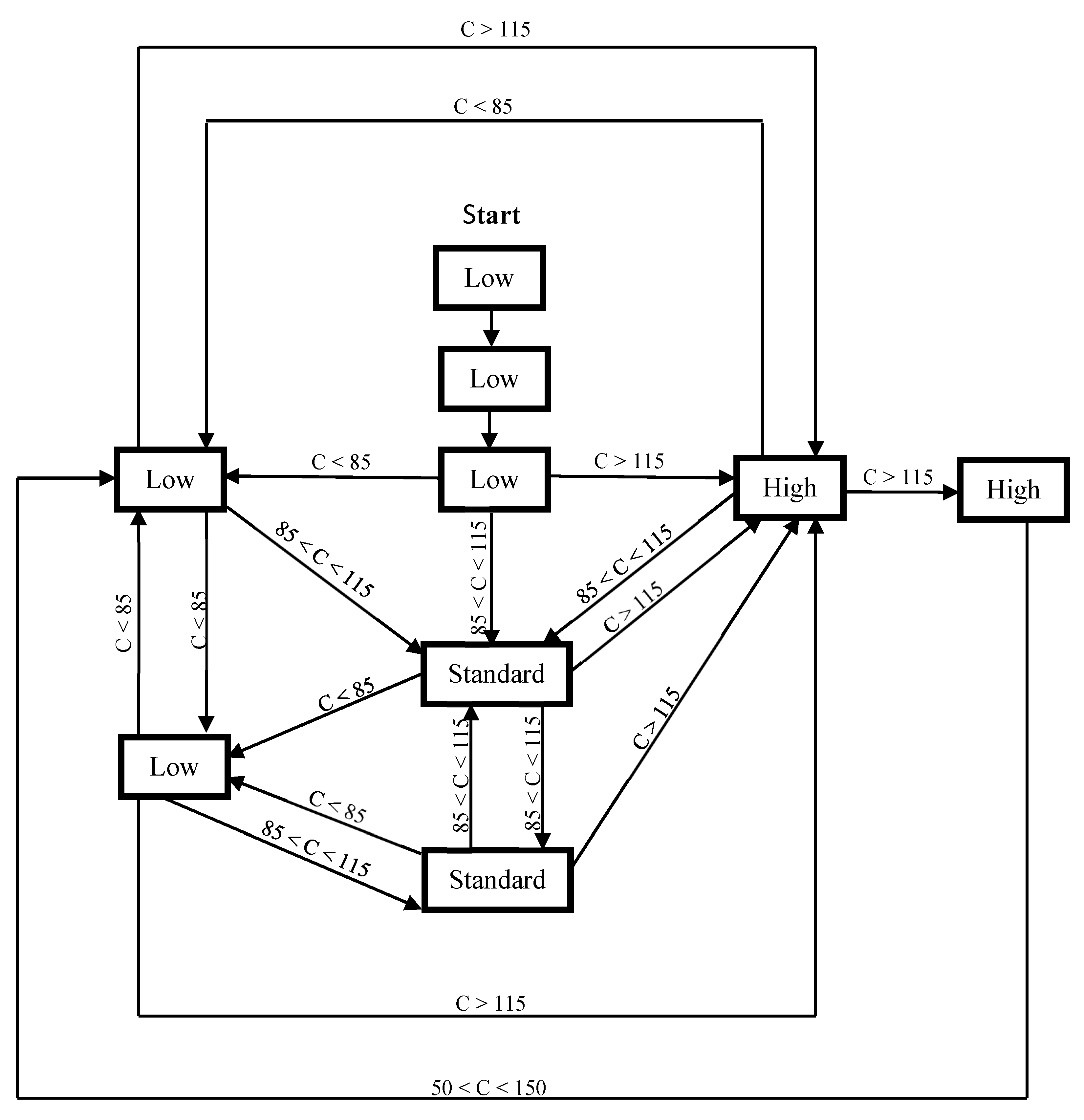
Generally, regulations issued under IRC Section 267(a)(3) defer the deduction of an accrual-basis taxpayer for an expense accrued to a related foreign person (within the meaning of IRC Section 267(b)) until the amount is paid to that person. Notable changes in the final regulations from the 2019 proposed regulationsĭeduction for certain payments to foreign related persons under IRC Section 267(a)(3) As discussed later, the final and proposed regulations take into account the repeal of IRC Section 958(b)(4) for these provisions to apply in a manner consistent with their application before the repeal of IRC Section 958(b)(4). Numerous provisions (including non-Subpart F provisions) control the treatment of an item of income or deduction, scope of an exemption, or relevant status or reporting obligation of an entity based on the CFC-status of a foreign corporation.

The impact of IRC Section 958(b)(4)'s repeal is wide-ranging, causing foreign corporations that previously were not CFCs to become CFCs without any change in ownership.

The TCJA repealed IRC Section 958(b)(4), effective for the last tax year of a foreign corporation beginning before January 1, 2018. IRC Section 958(b)(4) prevented downward attribution of stock owned by a foreign person to a US person before its repeal by the TCJA. Also, stock owned (directly or indirectly) by a partner is treated as owned by the partnership by reason of the downward attribution rules of IRC Section 318(a)(3). Under the downward attribution rules of IRC Section 318(a)(3), if a shareholder owns (directly or indirectly) 50% or more of the shares of a corporation by value, any other stock owned (directly or indirectly) by the shareholder is treated as owned by that corporation. IRC Section 958(b) applies the constructive ownership rules of IRC Section 318(a), including the downward ownership attribution rules of IRC Section 318(a)(3). A US shareholder of a CFC is subject to a Subpart F or global intangible low-taxed income (GILTI) inclusion with respect to CFC shares that it owns directly or indirectly under IRC Section 958(a) (a US inclusion shareholder). A US shareholder with respect to a foreign corporation is a US person that owns, under IRC Section 958(a) and IRC Section 958(b), 10% or more of the shares (by vote or value) of the foreign corporation. If one or more "United States shareholders" (each a US shareholder) owns directly or indirectly under IRC Section 958(a), or constructively under IRC Section 958(b), more than 50% of the stock (by vote or value) of a foreign corporation, that foreign corporation is a CFC. This Tax Alert discusses the final and proposed regulations in light of the repeal of IRC Section 958(b)(4).īackground on the repeal of IRC Section 958(b)(4) For IRC Section 954(c)(6), the proposed regulations would deny look-through treatment for payments made by a controlled foreign corporation (CFC) that is only a CFC as a result of the repeal of IRC Section 958(b)(4). The new proposed regulations would modify the application of IRC Section 954(c)(6) and certain rules under IRC Section 367(a) to take into account the repeal of IRC Section 958(b)(4). The final regulations generally adopt, with some changes, the proposed regulations that were issued on 2 October 2019 (2019 proposed regulations). Instead, the regulations modify certain provisions so they apply in a manner consistent with their application before the repeal of IRC Section 958(b)(4). The regulations do not undo the repeal of IRC Section 958(b)(4).

On September 21, 2020, the United States Treasury Department (Treasury) and the Internal Revenue Service (IRS) released final regulations ( TD 9908) and proposed regulations ( REG-110059-20) on the repeal of IRC Section 958(b)(4) by the Tax Cuts and Jobs Act (TCJA). Final and proposed regulations limit impact of repeal of IRC Section 958(b)(4)


 0 kommentar(er)
0 kommentar(er)
